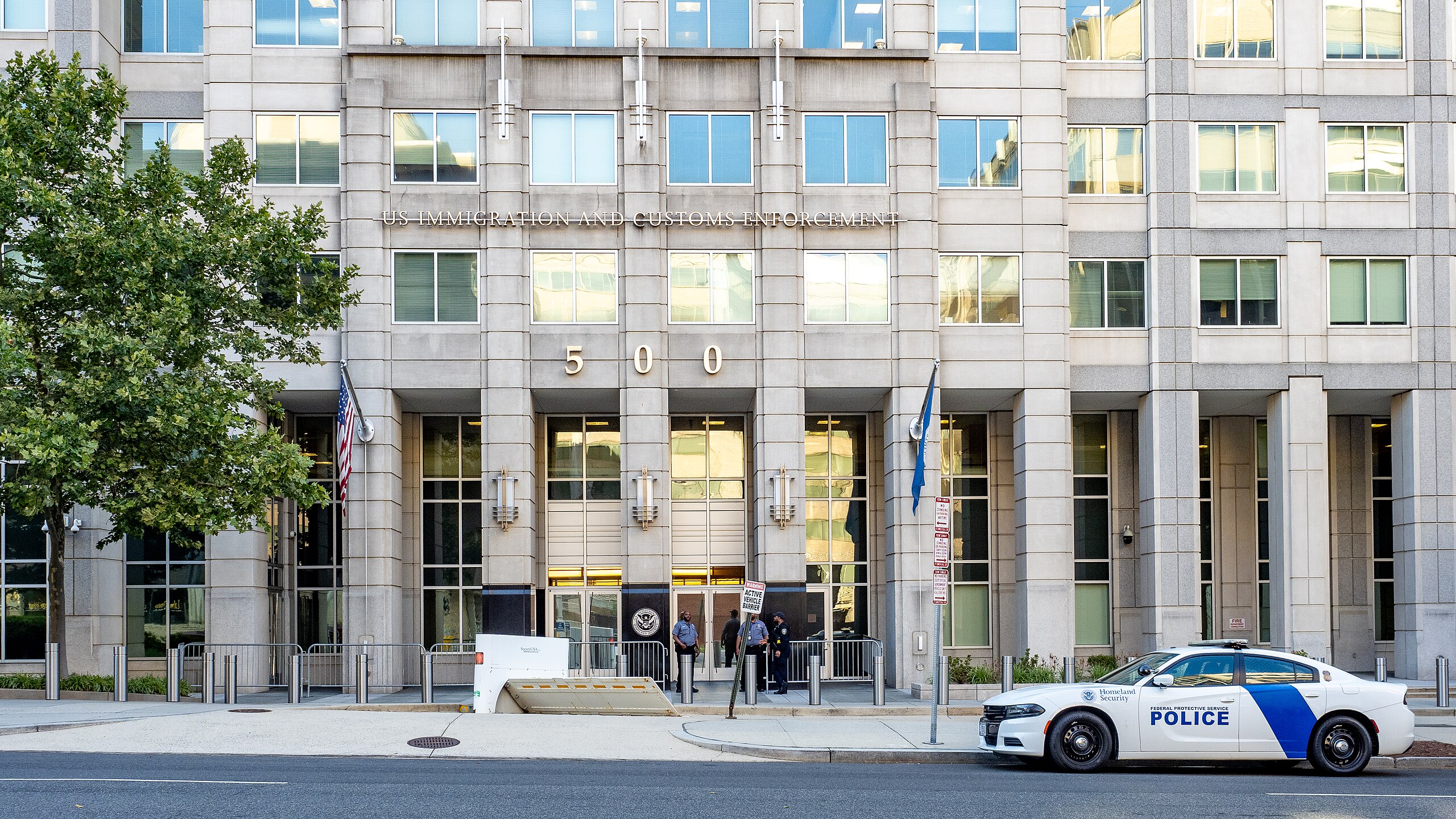Trump and the Pardon Attorney
President Trump bypassed the traditional pardon attorney process more often than any other president. Our new essay in the Federal Sentencing Reporter evaluates how many of Trump’s 238 clemency grants were recommended by the pardon attorney.

While recent presidents have occasionally granted pardons and commutations without recommendations from the Justice Department’s pardon attorney, President Trump turned the exception into the norm. We previously analyzed Trump’s circumvention of the pardon attorney at two points during Trump’s presidency. In a new essay in the Federal Sentencing Reporter, we examine how many of Trump’s 238 clemency grants were recommended by the pardon attorney. We conclude that only 25, or 11 percent, were so recommended.
As Lawfare readers likely know, the Office of the Pardon Attorney is a component of the Justice Department that, pursuant to Justice Department regulations, makes clemency recommendations to the president. When evaluating pardon petitions, the pardon attorney primarily considers the petitioner’s post-conviction behavior; the nature and recentness of the crime; the necessity of clemency relief for the applicant; and official guidance and reports related to the petition. The pardon attorney uses similar factors to evaluate commutation petitions—focusing specifically on the severity of the petitioner’s sentence, the petitioner’s age and any notable service the petitioner has provided to the U.S. government. The pardon attorney consults the sentencing judge, the U.S. attorney in the district of conviction and sometimes the assistant attorney general leading the Justice Department component that was in charge of the case. The pardon attorney’s recommendations are evaluated by the deputy attorney general before being presented to the president. The process usually takes more than a year.
In trying to figure the pardon attorney’s involvement in Trump’s clemency grants, we primarily use two sources: White House statements describing the pardons and commutations and a Justice Department database that contains records of all clemency grants issued since 1989. Through a detailed analysis that we summarize in the article, we conclude, as noted above, that of Trump’s 238 pardons and commutations, only 25 (11 percent) were recommended by the pardon attorney—a historic low. The article does not analyze this conclusion from a normative perspective. Most of Trump’s grants were self-serving in ways that we have documented before. But on the other hand, as we noted at the end of our piece:
[N]ot all of Trump’s clemency grants based on the informal White House process were self-serving. Some grantees—including Crystal Munoz, Tynice Hall, and Judith Negron—did not serve a Trump political agenda. Some pardon reform critics hailed these grants, and the White House process that produced them, as pointing the way to a better, more just clemency system. Whether that is so remains to be seen.
We should note, finally, that this issue of the Federal Sentencing Reporter has a number of terrific essays on Trump and the pardon process:
- “After Trump: Restoring Legitimacy to the Pardon Power” by Margaret Colgate Love
- “Transforming the Theater of Pardoning” by Bernadette Meyler
- “Are Blanket Pardons Constitutional?” by Frank O. Bowman, III
- “Article II and the Pardon Power: Did the Framers Drop the Ball?” by Daniel T. Kobil
- “War Crime Pardons and Presidential (Self-) Restraint” by Daniel Maurer
- “Debevoise’s Holloway Project and ‘Second Looks’: How Challenging One Discrete Racial Inequity in Federal Criminal Justice Can Help Produce Systemic Change” by John Gleeson
- “Judicial Restoration of Rights as an Auxiliary to the Pardon Power” by JaneAnne Murray
- “Has the Time Come for Relief for Federal Convictions?” by Gabriel J. Chin and David Schlussel
- “The Office of the Pardon Attorney: What Comes Next?” by Jeffrey Crouch
- “Second Look = Second Chance: Turning the Tide through NACDL’s Model Second Look Legislation” by JaneAnne Murray, Sean Hecker, Michael Skocpol and Marissa Elkins






